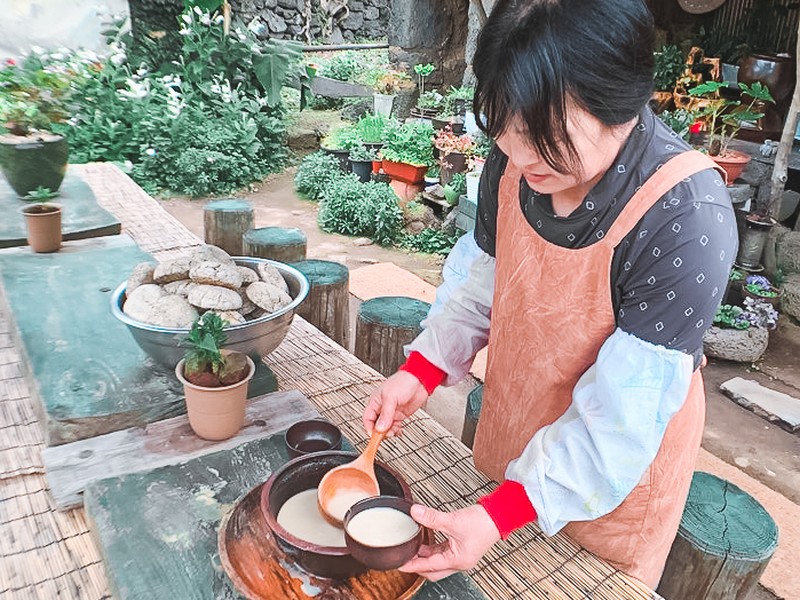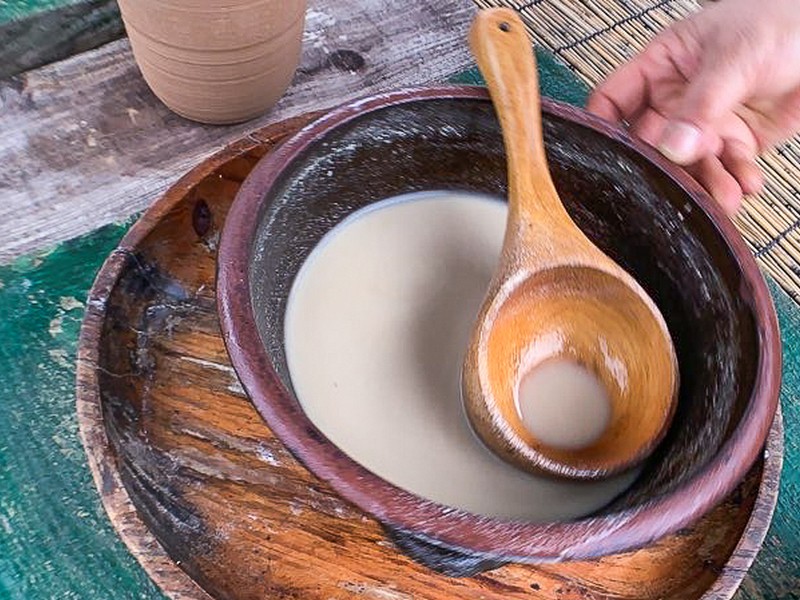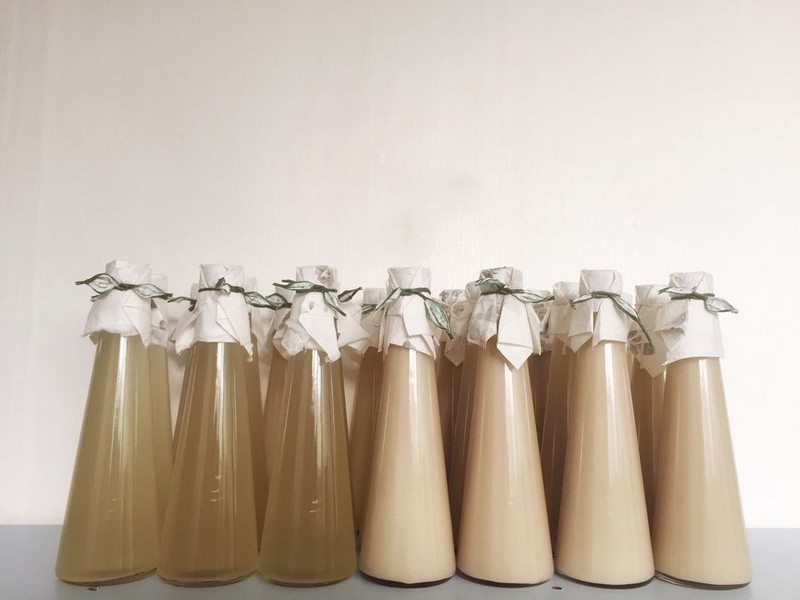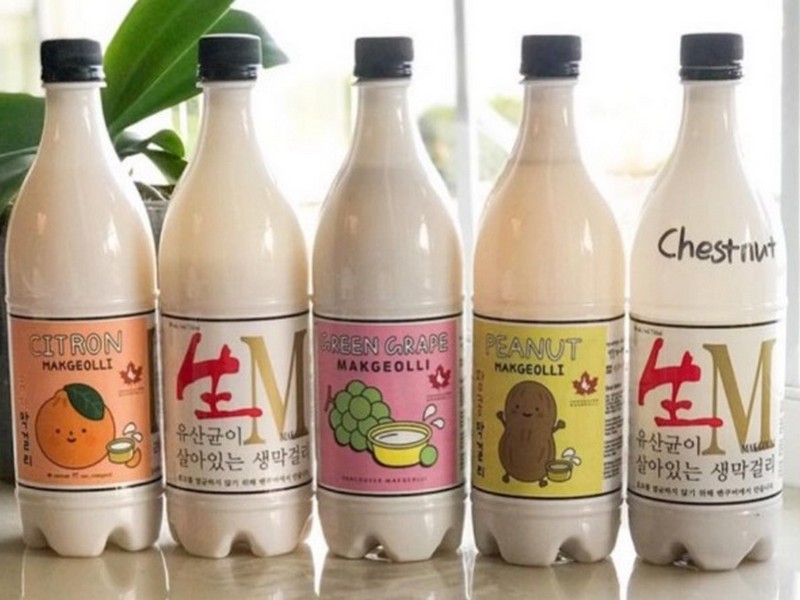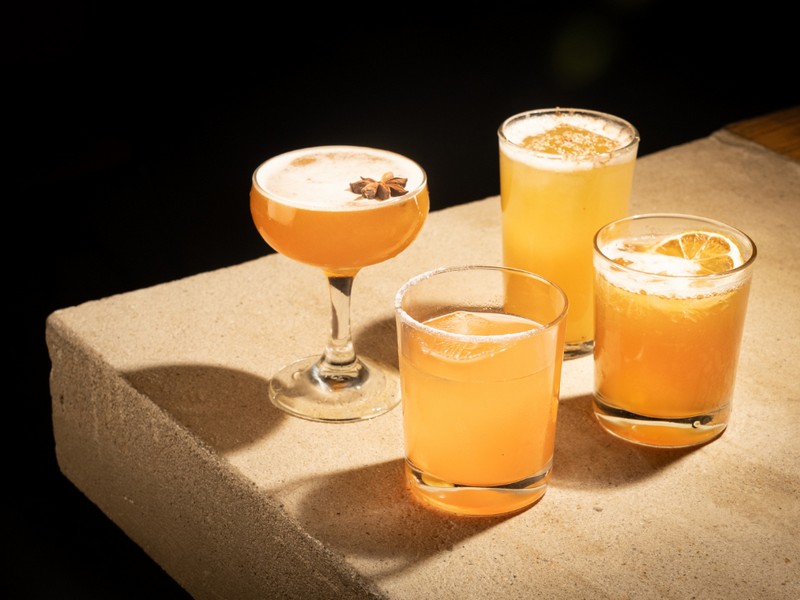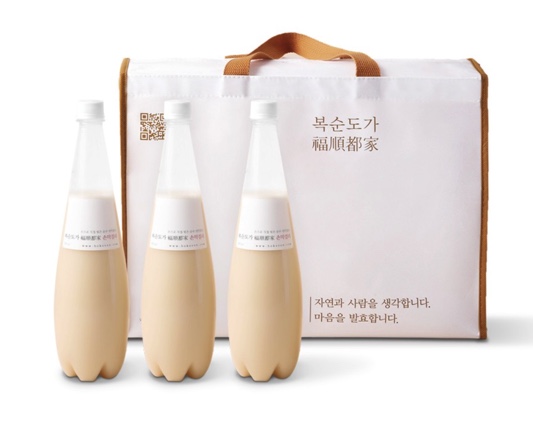KOREA | NETHERLANDS | GLOBAL
Nuruk, Infusions, and Brewing Supplies: Gyeongdong Market
A wonderland of traditional ingredients and makgeolli making resources. There was once a time in Korea when almost every neighborhood had its own traditional market. These days with the convenience of modern shopping they have dwindled in number and size, many neighborhoods in Seoul having none at all. When you do find a traditional market in Korea however, it can be a wonderful way to spend a few hours discovering new and interesting ingredients.

There are a few larger, more famous markets in Seoul that tend to get the spotlight in guidebooks and travel blogs. Even before its debut on the Netflix Streetfood series, Gwangjang Market had been the jewel in the crown of traditional markets for its abundance of mungbean pancakes and other delicacies. While it is a must-see (and more importantly must eat!) experience, there is another rougher around the edges market in Seoul that will guarantee to be a sensory overload. Visit the Gyeongdong Traditional Market in Seoul and see what you can find.

Gyeongdong Market (경동시장) in Jegi-dong is the largest traditional market in Seoul, because technically it’s not one market. Rather, it’s an intersection of multiple markets together, each specializing in their own particular wares. One of the markets is the largest traditional medicine markets in Seoul. The area has a long history dating back to the 1960’s, but in contrast to some of the other markets that have been somewhat beautified for tourism, this market retains its original gritty atmosphere. This is in large part because Gyeongdong is a working supply source, doing trade with restaurants and businesses all over the Seoul metropolitan area.
What also sets Gyeongdong Market apart from other markets, is that it is the largest traditional herbal medicine and ginseng market. That means it is a vast resource for brewers that want to experiment with various infusions and flavours beyond a rice only recipe. In traditional Korean brewing, it was common to add additional ingredients, whether it be for health benefits or simply enhancing taste. Seasonal infusions such as chrysanthemum, mugwort and shepherd’s purse will come up frequently in older brewing texts, with more modern recipes including omija, cinnamon and azalea flowers.


When it comes to making makgeolli, rice and nuruk is of course the first priority for ingredients sourcing. When brewing big batches or testing new recipes, we will usually buy nuruk online as we can be sure of the quality and stability. Particularly if we are practicing a traditional recipe from ancient texts, we will always start out using Songhak – Soyulgok nuruk to first get an understanding of the recipe’s general flavour profile.
However sometimes it’s fun to play with new ingredients, so whenever we come across a traditional market, we make a bee-line for the nuruk stall. Generally speaking, most medium-sized traditional markets will have a grain vendor specializing in rice, wheat, and other forms of grain and seeds. It’s these sellers that may have a disc or two of nuruk, and if you’re lucky a few different varieties.


While Gyeongdong Market is well renowned for having a plethora of infusion ingredients, it also happens to be one of the only markets in Seoul that sells Seongsan Nuruk in its cake form. Seongsan nuruk is a style common in the Busan region that is made using a characteristically flat, almost pizza dough-like shape. Although these days it is readily available online, Gyeongdong Market is the only place in Seoul (that we know of!) where you can get it in its original state.
Recently we had a meeting with our friends at OME Cooking Lab, who happen to run cooking classes incorporating a market shopping tour at Gyeongdong Market that we highly recommend. As a result, we simply couldn’t help ourselves and picked up a few discs of nuruk and some dried Sansa (mountain Hawthorne) to play with!
For more information:
- Address: 3 Gosanja-ro 36-gil, Dongdaemun-gu, Seoul (서울 동대문구 고산자로36길 3)
- Hours: 8:30am ~ 6:00pm
Visiting Korea Soon?
Check out our brewing classes and other experiences in our space in Seoul.
Read more…
Vancouver Makgeolli: Canada’s First Makgeolli Brewery
Looking for makgeolli in Canada? While you may think it is a feat that is insurmountable, it might just be…
Tokki Bar Bringing Brooklyn to Seoul
Tokki Soju, the first American-made Korean soju has newly launched “Tokki Bar” on the fourth floor of the Ryse Hotel…
Buying Sool Online In Korea: The Makgeolli Edition
Living in Korea? Do you know how many traditional Korean alcohol options you can get delivered straight to your door?…


